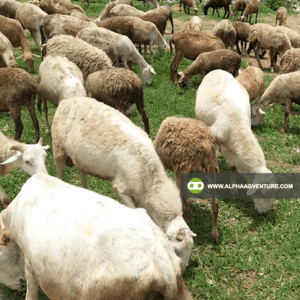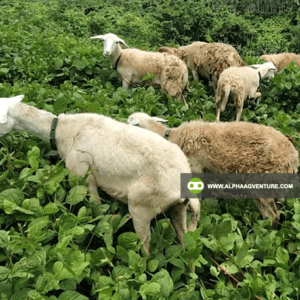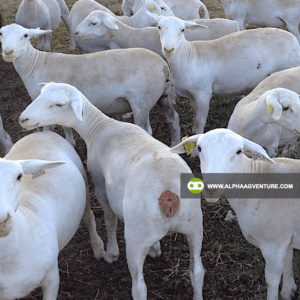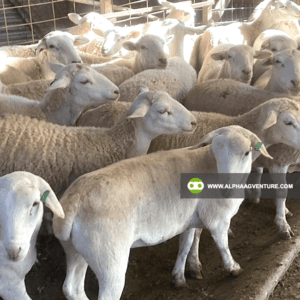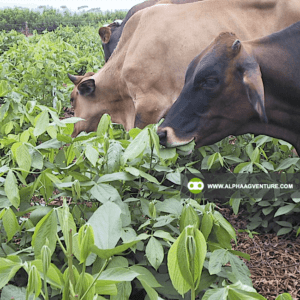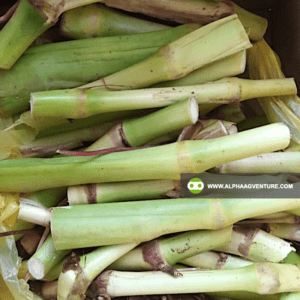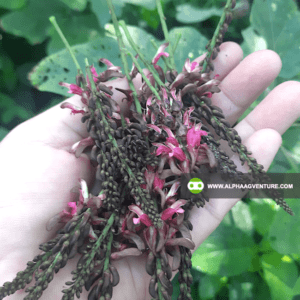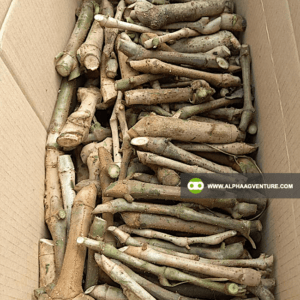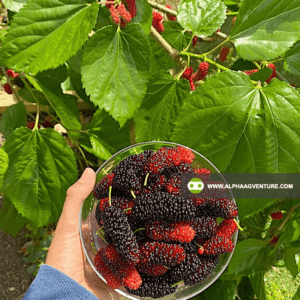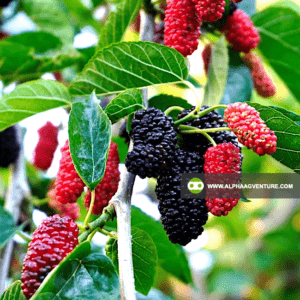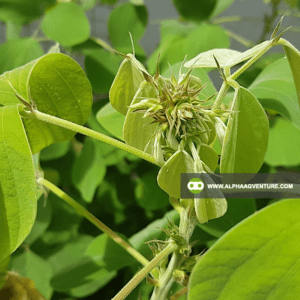Sheep Farming in the Philippines: An Overview
Sheep farming in the Philippines has experienced steady growth, benefiting from the country’s tropical climate and expansive grasslands that provide a suitable environment for raising sheep. Though still a smaller sector compared to cattle and poultry, it plays a crucial role in Philippine agriculture by offering an alternative source of protein. Sheep farming is particularly valuable in areas where raising other livestock may be challenging due to environmental conditions.
The popularity of sheep farming is gradually increasing as more farmers recognize its potential for profitability. This growing interest is largely driven by the demand for meat and, to a lesser extent, wool. With proper management and support from the government, the industry holds promise as an important part of the country’s livestock sector.
This article delves into the history, current status, and future outlook of sheep farming in the Philippines. It highlights the challenges the industry faces, including infrastructure gaps and limited access to high-quality breeding stock, while exploring potential opportunities for sustainable growth.
Historical Roots and Government Initiatives
The roots of sheep farming in the Philippines can be traced back to the Spanish colonial period, when the practice was introduced to complement traditional livestock farming. During the early 20th century, government efforts began to promote sheep farming as part of the broader push to diversify livestock production in the country. Sheep farming remained relatively small-scale for decades but saw renewed attention as demand for livestock products increased.
In the 1970s, the Philippine Council for Agriculture, Aquatic, and Natural Resources Research and Development (PCAARRD) played a pivotal role in encouraging sheep farming. Government campaigns focused on training farmers in sheep husbandry and promoting the benefits of raising sheep in the Philippines’ tropical climate. These efforts aimed to improve the country’s self-sufficiency in meat production.
The 1980s brought further progress with the establishment of the Philippine Sheep and Goat Raisers Association (PSGRA). This organization helped to foster collaboration among sheep farmers, providing a platform for exchanging ideas, sharing best practices, and accessing the latest innovations in the industry. Government and private sector partnerships have continued to support sheep farming in the country, though challenges still remain.
Diversity in Sheep Breeds
The Philippines is home to a variety of sheep breeds that thrive in its tropical environment, ranging from native types to imported breeds. The Philippine Native sheep breed, known for its resilience and adaptability, is particularly well-suited to the country’s climate. This breed has been a staple of small-scale sheep farming, offering a reliable source of meat and, occasionally, wool.
At Alpha Agventure Farms, we have hybrid sheep, leveraging genetics from Barbados Blackbelly, Katahdin, Merino, and Black and White-head Dorper sheep. These hybrids are particularly suited for meat production, combining the strengths of different breeds to create animals that thrive in the Philippine environment while offering superior meat quality. The Dorper, for instance, is renowned for its high-quality meat and is becoming increasingly popular among Filipino farmers.
Introduced breeds such as the Suffolk and White Dorper also contribute to the country’s sheep diversity. The Suffolk is valued for both its meat and wool, while the White Dorper, like its Blackhead counterpart, is sought after for its excellent meat quality. Farmers are increasingly exploring these breeds to enhance productivity and meet the rising demand for premium meat products.
We have White Dorper and Blackhead Dorper sheep at Alpha Agventure Farms, too!
Focus on Meat Production and Regional Presence
Sheep farming in the Philippines primarily centers on meat production, which has seen increasing demand in recent years. The practice is most concentrated in Luzon and Visayas, where farmers have adopted improved breeding and management techniques. While Mindanao also has a smaller presence, efforts are being made to expand sheep farming into this region to capitalize on its vast grazing lands.
According to data from the Philippine Statistics Authority (PSA), the national sheep population reached 381,000 heads in 2021, marking a 1.6% growth from the previous year. This steady increase reflects the growing popularity of sheep meat, which has become a common ingredient in traditional Filipino dishes such as kaldereta. Additionally, the influence of Middle Eastern and Mediterranean cuisines has contributed to a rise in the consumption of sheep meat in the Philippines.
The growing demand for meat has led farmers to focus primarily on breeding sheep for high-quality meat production. Selective breeding, improved feed management, and better disease control measures have all played a role in enhancing the productivity of the sheep farming sector. The introduction of imported breeds with superior meat quality has further bolstered the industry’s capacity to meet local demand.
Nutrition and Feed Management
Effective nutrition and feed management are critical to the productivity and health of sheep in the Philippines. The tropical climate of the country provides abundant natural forage, which forms the basis of the sheep diet. Farmers often supplement this natural forage with cultivated crops like Super Napier, Guatemala grass, Madre de Agua, Indigofera, Flemingia, Rensonii, and Mulberry, which are known for their high yield and nutritional value.
In addition to natural forage, many farmers make use of agricultural by-products to reduce feed costs. Rice bran, corn stover, and other crop residues are commonly used to provide additional nutrition for sheep, helping to maximize the value of available resources. Proper feed management is essential to ensure that sheep receive the necessary nutrients, vitamins, and minerals for healthy growth and reproduction.
Balanced diets and strategic feed supplementation can significantly enhance the overall performance of sheep, particularly in terms of reproductive efficiency and growth rates. By focusing on improving nutrition, farmers can increase their flock’s productivity and ensure healthier, more marketable sheep, contributing to the long-term sustainability of the industry.
Health Management and Collaborative Efforts
Maintaining sheep health is crucial for the success of any farming operation, particularly in the Philippines, where the tropical climate can lead to challenges such as gastrointestinal parasites and respiratory infections. Preventive health measures, including regular deworming and vaccinations, are essential for keeping sheep healthy and reducing the risk of disease outbreaks.
Proper housing and sanitation practices are also key components of effective health management. Ensuring that sheep have clean, dry, and well-ventilated living environments helps prevent the spread of diseases and minimizes stress, which can weaken the immune system. Farmers must work closely with veterinarians to establish health protocols and provide timely treatments for any emerging health issues.
Collaboration between sheep farmers and local veterinarians is important for keeping flocks healthy and productive. Veterinarians can offer expert advice on preventive care, early detection of health problems, and proper treatment plans. Biosecurity measures, such as isolating sick animals from the herd, are also critical in preventing the spread of infectious diseases on farms.
Challenges Faced by the Industry
Despite its growth, the sheep farming industry in the Philippines faces several challenges that hinder its full potential. One of the primary obstacles is the limited availability of high-quality breeding stock, which can result in lower productivity and slower growth rates. For smallhold farmers, navigating these hurdles can be particularly daunting, especially when faced with infrastructure limitations and access to veterinary services. This is where seeking guidance from experienced professionals can make a significant difference.
Research and development in sheep farming have also been relatively underfunded, slowing advancements in nutrition and disease management. Many farmers, particularly those new to the industry, struggle to access up-to-date knowledge and sustainable practices. For those venturing into smallhold sheep farming, gaining access to expertise can provide clarity and help mitigate these common obstacles. Consulting with experts who have already navigated these challenges can be invaluable.
While government support for livestock farming continues, the specific needs of small-scale sheep farmers often require more targeted solutions. For farmers interested in improving their operations or getting started, Alpha Agventure Farms offers a sheep farming consultancy service to guide them through best practices, from breeding stock selection to sustainable farm management. This service ensures that aspiring farmers have the support they need to thrive despite the industry’s challenges.
Opportunities for Growth
Despite the challenges, the Philippine sheep farming industry presents several opportunities for growth. The domestic market for high-quality meat is expanding as the population grows and consumer preferences shift towards healthier protein sources. This increased demand provides an incentive for farmers to invest in better breeding, feed, and management practices to meet the market’s needs.
The potential for exporting sheep meat is another opportunity for the industry, particularly to Middle Eastern countries where there is a high demand for halal meat. With the right infrastructure and improvements in genetics, the Philippines could position itself as a competitive player in the global sheep meat market. Establishing strong export partnerships could significantly boost the industry’s growth.
Additionally, sustainable sheep farming practices, such as integrating sheep into crop-livestock systems, offer a way to make better use of marginal lands and improve overall farm productivity. By adopting environmentally friendly farming methods, the industry can not only meet the growing demand for meat but also contribute to the long-term sustainability of Philippine agriculture.
A Path Forward
The future of sheep farming in the Philippines is promising, particularly with the country’s favorable climate and increasing domestic demand for high-quality protein. However, to fully realize its potential, the industry must address challenges related to genetic improvement, infrastructure, and access to markets. By focusing on overcoming these obstacles, the sheep farming sector can experience sustained growth.
Government support, alongside private sector investments, will play a crucial role in driving this growth. Policies that target the specific needs of sheep farmers, such as providing access to improved breeding stock and funding for research, can help propel the industry forward. Additionally, collaboration between farmers, veterinarians, and researchers will be key to fostering innovation and improving overall farm productivity.
By embracing the opportunities for expansion, the Philippine sheep farming industry has the potential to make a significant contribution to the country’s agricultural sector. With the right strategies in place, sheep farming can become a more prominent and profitable part of Philippine agriculture, helping to meet the rising demand for meat while supporting rural livelihoods.
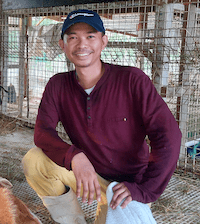
Mr. Jaycee de Guzman is a self-taught agriculturist and the founder and patriarch of Alpha Agventure Farms, recognized as the leading backyard farm in the Philippines. With a rich background in livestock farming dating back to the early 1990s, Mr. de Guzman combines his expertise in agriculture with over 20 years of experience in computer science, digital marketing, and finance. His diverse skill set and leadership have been instrumental in the success of Alpha Agventure Farms.





